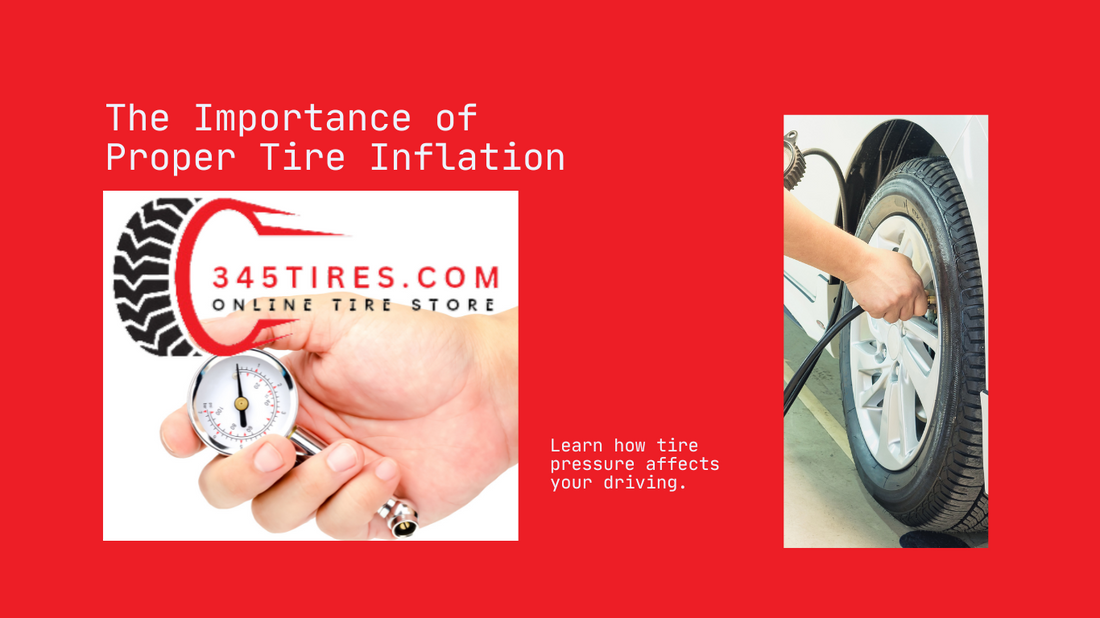
The Science of Tire Pressure: Why Proper Inflation Matters
Share
Maintaining the correct tire pressure is one of the simplest yet most overlooked aspects of tire care. Let's explore the science behind tire pressure and why it's crucial for your safety and vehicle performance.
- Optimal Performance: Did you know that underinflated tires can negatively impact fuel efficiency and vehicle handling? Properly inflated tires ensure optimal contact with the road surface, resulting in better traction, braking, and cornering.
- Tire Wear and Tear: Low tire pressure can lead to uneven tire wear, reducing the lifespan of your tires and potentially causing premature failure. Overinflated tires, on the other hand, are prone to increased wear in the center of the tread.
- Fuel Efficiency: Maintaining the manufacturer-recommended tire pressure can improve fuel efficiency by reducing rolling resistance. In fact, studies have shown that properly inflated tires can improve gas mileage by up to 3%.
- Safety Considerations: Underinflated tires are more susceptible to blowouts, especially at high speeds or under heavy loads. By regularly checking and maintaining proper tire pressure, you can minimize the risk of accidents and ensure a safer driving experience.
- Temperature Effects: Tire pressure can fluctuate with changes in temperature, so it's essential to monitor it regularly, especially during extreme weather conditions. Cold weather can cause tire pressure to drop, while hot weather can lead to overinflation.
Conclusion: Don't underestimate the importance of tire pressure. By incorporating regular tire pressure checks into your maintenance routine, you can enhance safety, extend tire life, and optimize vehicle performance.
